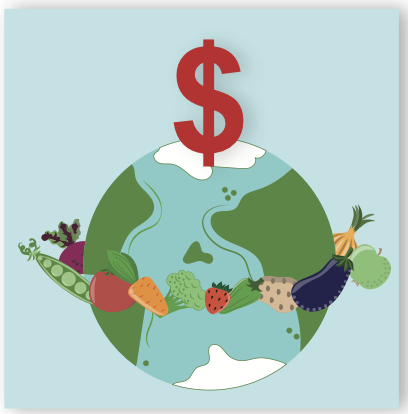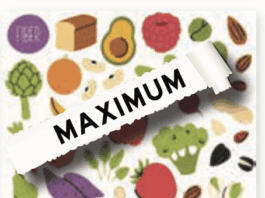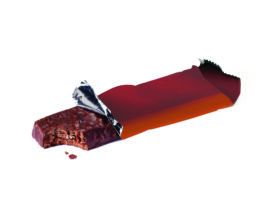What’s New? Ancient Grains
Everything old is new again when it comes to grains. Data from the market-research firm SPINS shows that sales of so-called "ancient grains" grew 16.6% year-over-year in 2016, reaching almost $200 million. The most common products boasting of their "ancient" ingredients were ready-to-eat cereals, bread and other baked goods, and pastas.
What’s “Healthy”? Experts, Public Diverge
What nutritionists think is healthy and what the average American considers good for you don't always align, according to a Morning Consult survey for the New York Times. The survey asked 2,000 ordinary Americans and 672 members of the American Society for Nutrition to rate the healthfulness of 52 foods.
Philadelphia First Big City to Tax Beverages
Come January, Philadelphia will be the first major US city to tax sodas and other sweetened beverages. The city council rebuffed a multi-million-dollar lobbying effort by the beverage industry in passing the tax, which will add about 50 cents a liter to the cost of sodas, sports drinks, energy drinks and sweetened coffees and teas.
FROM THE EDITOR-IN-CHIEFFood: The Biggest Issue Not on the Table in 2016 Elections
Amid the hoopla and distractions of the 2016 elections, real issues have been raised and discussed. Questions have been posed, and answers proffered, on wide-ranging topics including jobs, Syria, tax policy, immigration, healthcare, education, the courts, banking, our relations with China, Russia and Europe, and many more. While the replies may not always have been satisfying, at least these many subjects, from large to small, global to local, have been raised and considered.
Report: GMO Foods as Safe as Conventional Choices
Are foods containing genetically modified (GMO) ingredients safe to eat? Even as a new Vermont law and food giants including General Mills and Campbell Soup push to label GMO products, a sweeping new scientific report concludes that genetically engineered crops are as safe as conventionally grown foods.
FROM THE EDITOR-IN-CHIEFFood: The Biggest Issue Not on the Table in 2016 Elections
Amid the hoopla and distractions of the 2016 elections, real issues have been raised and discussed. Questions have been posed, and answers proffered, on wide-ranging topics including jobs, Syria, tax policy, immigration, healthcare, education, the courts, banking, our relations with China, Russia and Europe, and many more. While the replies may not always have been satisfying, at least these many subjects, from large to small, global to local, have been raised and considered.
Eat Healthy, Not Guilty
If you think food that tastes good can't possibly be good for you, or if you feel guilty about enjoying a meal, it might be time to hit the reset button on your attitudes toward eating and nutrition. While it's smart to pay attention to what's in your food, todays culture of information clutter can make it difficult to sort out facts from fads. Once you start worrying about what you need to avoid at every meal, food can morph from enjoyment to enemy.
Q. How can I be sure the flour I buy is really whole wheat?
Q. How can I be sure the flour I buy is really whole wheat?
Rethinking “Healthy” Definition
Is an avocado healthier than a sugary bowl of raisin bran? Not according to the FDA's labeling rules for "healthy" foods, which the agency recently announced it would review.
FDA Updates Nutrition Labels
After a two-year review period, the US Food and Drug Administration formally adopted changes to the Nutrition Facts panels that appear on some 800,000 food products. The updated labels will be required on products by July 26, 2018, except for small producers who will get an extra year to comply.




























